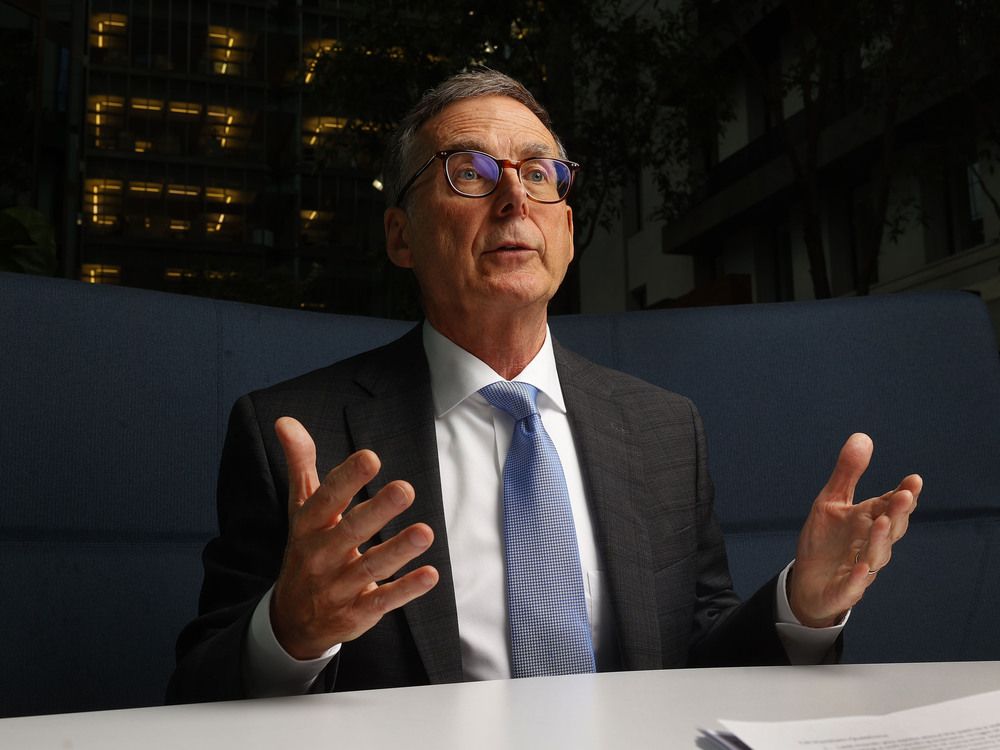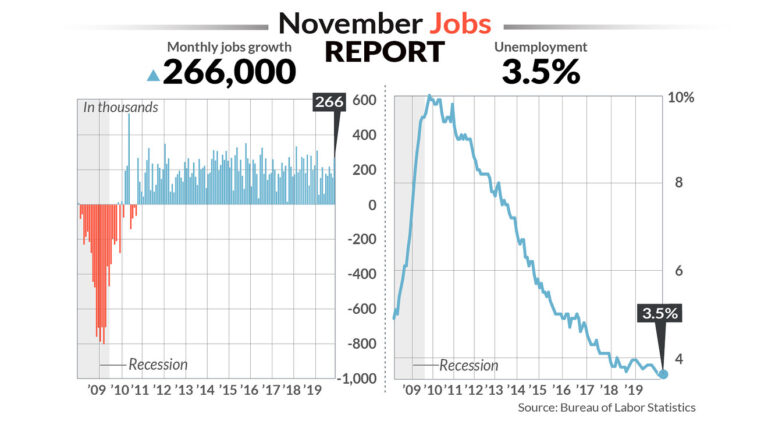
Introduction
Tiff Macklem, the Governor of the Bank of Canada, plays a crucial role in shaping the economic landscape of Canada. Appointed in June 2020, Macklem’s leadership comes at a pivotal time as the country grapples with various economic challenges, including inflation, employment, and the ramifications of the COVID-19 pandemic. Understanding his policies and decisions is essential for Canadians navigating today’s financial environment.
Recent Developments
Since taking office, Tiff Macklem has focused on stabilizing the Canadian economy post-pandemic. In recent months, he has implemented strategies to combat rising inflation, which climbed to a 40-year high of 8.1% in June 2022. The Bank of Canada, under Macklem’s stewardship, raised interest rates multiple times in 2022 to curb inflationary pressures. These changes reflected his commitment to maintaining price stability, which is a fundamental objective of the bank.
Macklem has also stressed the importance of balancing inflation control with fostering economic recovery. In October 2023, he announced a cautious approach to further rate hikes, maintaining an interest rate of 5.00%, as preliminary data suggested a deceleration in inflation to 4.9%. This decision aimed to support ongoing recovery without fueling rampant price increases.
Impact on the Canadian Economy
Under Macklem’s guidance, the Bank of Canada has faced scrutiny from various stakeholders, including businesses and financial analysts. His transparent communication has garnered both praise and criticism, as the public demands clarity on the path forward for monetary policy. Since Macklem’s appointment, Canada’s economy has shown signs of resilience, with the unemployment rate stabilizing around 6.1% as of September 2023.
His engagement with international leaders at forums such as the G20 meetings demonstrates a proactive stance towards understanding global economic trends that could impact Canada. Additionally, his focus on sustainable economic growth ties into the broader discussions about climate change and environmental responsibilities, emphasizing the need for Canada to incorporate these factors into its monetary policies.
Conclusion
Tiff Macklem’s role as the Governor of the Bank of Canada is more significant than ever as the nation navigates a complex economic landscape. His efforts to stabilize inflation while promoting growth are crucial for maintaining public confidence in the financial system. Looking forward, Canadians will watch closely as he manages the delicate balance between fiscal responsibility and economic recovery. As we approach more economic uncertainties, Macklem’s leadership will remain a pivotal part of Canada’s economic narrative.






